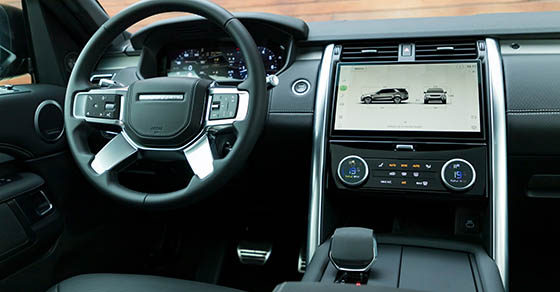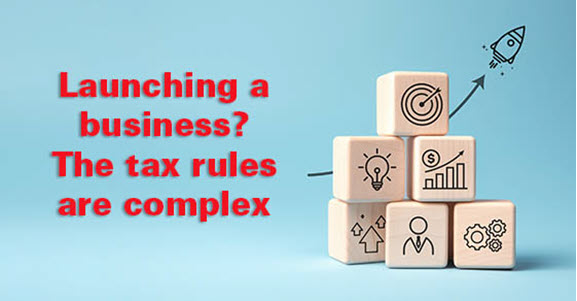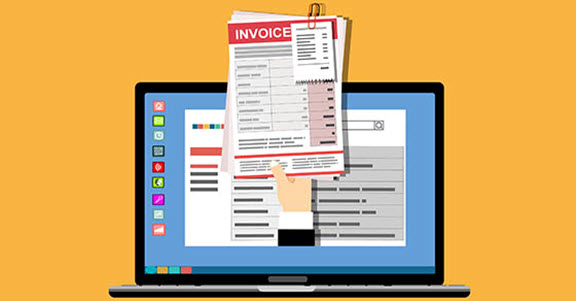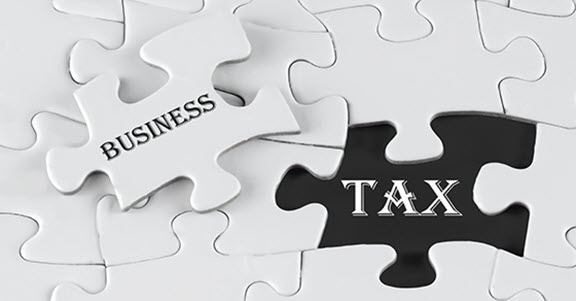If you’re buying or replacing a vehicle that you’ll use in your business, be aware that a heavy SUV may provide a more generous tax break this year than you’d get from a smaller vehicle. The reason has to do with how smaller business cars are depreciated for tax purposes.
Depreciation rules
Business cars are subject to more restrictive tax depreciation rules than those that apply to other depreciable assets. Under the so-called “luxury auto” rules, depreciation deductions are artificially “capped.” Those caps also extend to the alternative deduction that a taxpayer can claim if it elects to use Section 179 expensing for all or part of the cost of a business car. (It allows you to write off an asset in the year it’s placed in service.)
These rules include smaller trucks or vans built on truck chassis that are treated as cars. For most cars that are subject to the caps and that are first placed in service in the calendar year 2023, the maximum depreciation and/or expensing deductions are:
- $20,200 for the first tax year in its recovery period (2023 for calendar-year taxpayers);
- $19,500 for the second tax year;
- $11,700 for the third tax year; and
- $6,960 for each succeeding tax year.
Generally, the effect is to extend the number of years it takes to fully depreciate the vehicle.
Because of the restrictions for cars, you may be better off from a tax timing perspective if you replace your business car with a heavy SUV instead of another car. That’s because the caps on annual depreciation and expensing deductions for passenger automobiles don’t apply to trucks or vans that are rated at more than 6,000 pounds gross (loaded) vehicle weight. This includes large SUVs, many of which are priced over $50,000.
The result is that in most cases, you’ll be able to write off a majority of the cost of a new SUV used entirely for business purposes by utilizing bonus and regular depreciation in the year you place it into service. For 2023, bonus depreciation is available at 80%, but is being phased down to zero over the next few years.
If you consider electing Section 179 expensing for all or part of the cost of an SUV, you need to know that an inflation-adjusted limit, separate from the general caps described above, applies ($28,900 for an SUV placed in service in tax years beginning in 2023, up from $27,000 for an SUV placed in service in tax years beginning in 2022). There’s also an aggregate dollar limit for all assets elected to be expensed in the year that would apply. Following the expensing election, you would then depreciate the remainder of the cost under the usual rules without regard to general annual caps.
Please note that the tax benefits described above are all subject to adjustment for non-business use. Also, if business use of an SUV doesn’t exceed 50% of total use, the SUV won’t be eligible for the expensing election and would have to be depreciated on a straight-line method over a six-tax-year period.
Contact us for more details about this opportunity to get hefty tax write-offs if you buy a heavy SUV for business.
© 2023
FAQs
How do tax depreciation rules differ for business-use vehicles versus personal-use vehicles?
The depreciation caps for business-use vehicles are lower than those for personal-use vehicles. This means it will take longer to fully depreciate a business-use vehicle than a personal-use vehicle.
What is the tax advantage of purchasing a heavy SUV rather than a lighter business vehicle?
A heavy, business-use SUV is a tax-smart choice compared to a lighter business vehicle because the annual depreciation caps that apply to lighter business vehicles do not apply to vehicles rated over 6,000 pounds. The result is that in most cases, you’ll be able to write off a majority of the cost of a new SUV used entirely for business purposes by utilizing bonus and regular depreciation in the year you place it into service.
What are the requirements for a heavy SUV to qualify for the expensing election?
In order for a heavy SUV to qualify for the expensing election, it must be rated over 6,000 pounds and must be used for business-related activities more than 50% of the time.
Are there any tax expensing limits for heavy SUVs?
Yes. The inflation-adjusted limit for heavy SUVs is $28,900 for SUVs placed in service in 2023. There’s also an aggregate dollar limit for all assets elected to be expensed in the year that would apply. Following the expensing election, you would then depreciate the remainder of the cost under the usual rules without regard to general annual caps.






